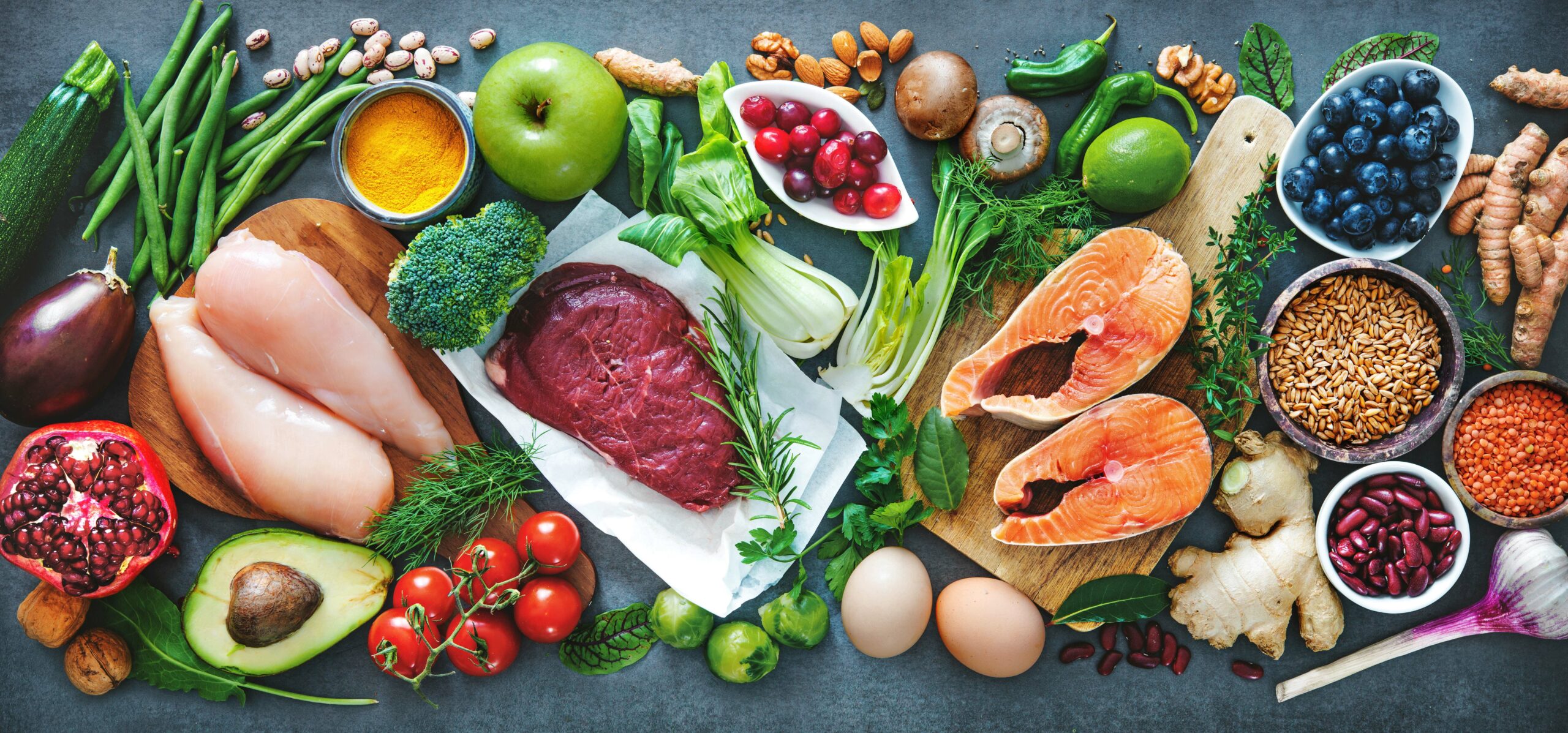Mouth ulcers (aka canker sores or aphthous ulcers) are those painful sores inside your mouth that can really put a damper on your day – making even the simplest activities such as eating, drinking or speaking a challenge.
A typical mouth ulcer is a painful, shallow, whitish round spot in the soft lining of your mouth. These spots can appear anywhere in your mouth and are usually found on the inside of your lips or cheeks, but they can also form on the gums, the roof or bottom of the mouth, and on the tongue.
Most mouth ulcers usually heal on their own in a week or two, but the pain can get worse especially when eating certain foods which may cause further irritation. Plus, when you chew or speak, the movement of the mouth may also make things more painful.
It’s important to remember the best treatment for your ulcer will depend on how much pain or discomfort you have and what may have caused your mouth ulcer. If you have a painful mouth ulcer, talk to your pharmacist or doctor about what you can do to help relieve the discomfort.
Using a protective and steroid-containing paste such as Kenalog in Orabase® can help relieve the pain and inflammation of mouth ulcers, while providing a protective film to help speed up the skin’s healing.
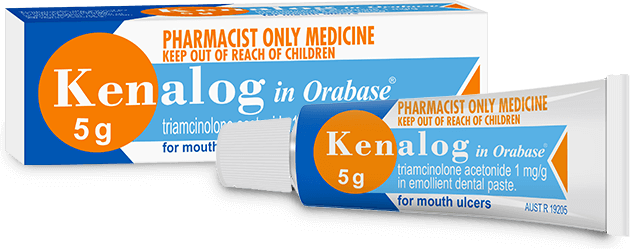
While there are various factors thought to cause or trigger mouth ulcers, the foods you eat may also have an impact that is hard to ignore.
5 Foods to avoid with mouth ulcers
Having a painful mouth ulcer can turn a snack or mealtime into an uncomfortable experience, leaving you wincing with every bite, but a few mindful food choices may make all the difference.
Discover how to help reduce mouth ulcer pain at mealtimes and help speed up the healing time by staying clear of these 5 surprisingly common foods.
1. Acidic fruits
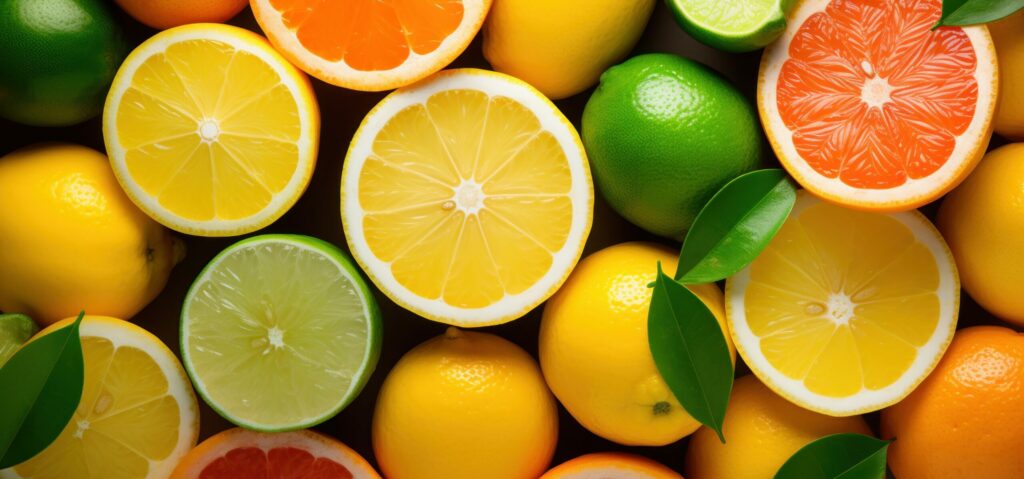
We all know how getting lemon juice or vinegar in a cut can sting – well the same can happen with the open sores in your mouth. Eating lots of acidic fruit, such as oranges or strawberries, can also irritate the soft tissues in your mouth and may even lead to mouth ulcers in some people.
Common fruits with a high acid content include pineapples, oranges, grapefruit and limes. So, until your ulcer is sufficiently healed, why not swap out your favourite acidic fruit snack for a more alkaline (low acid) one instead, such as melon, banana or papaya?
2. Spicy foods
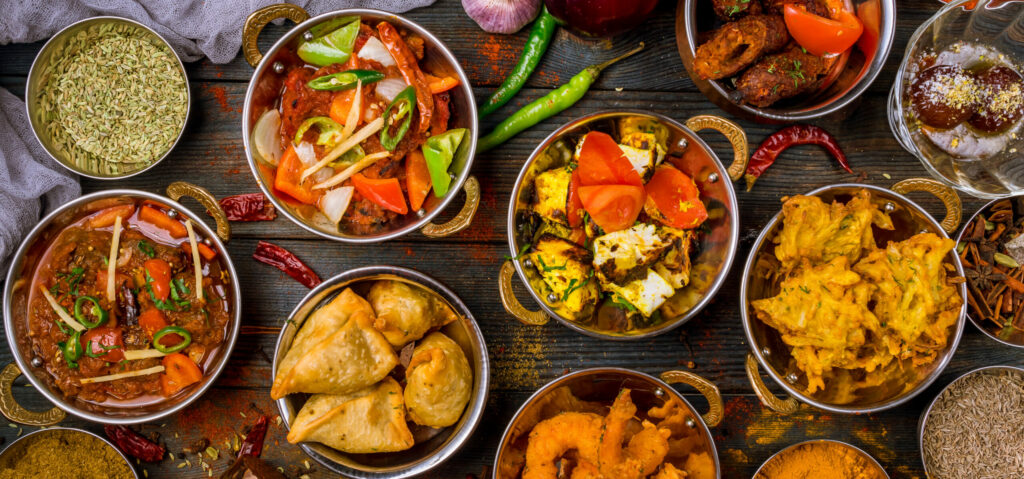
Eating spicy foods is another thing that may make your ulcer pain worse. While they are not thought to be a food that causes mouth ulcers, spicy foods can aggravate an existing one.
If you have an ulcer, it may be wise to avoid very spicy foods for a while, such as pepper, paprika, chili, curries and hot sauces.
3. Salty foods
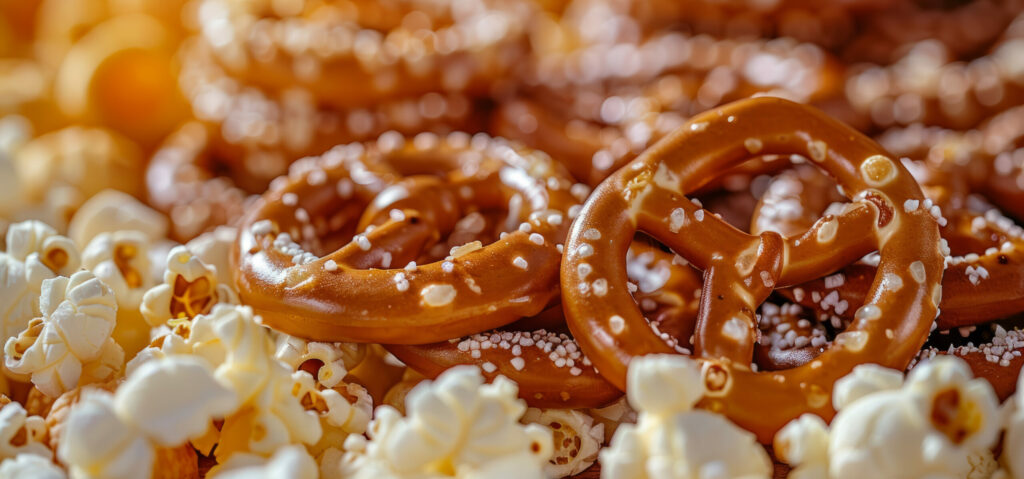
The inside of your mouth is a sensitive part of the body with nerve endings close to the surface which means when you eat foods with lots of salt, such as chips, pretzels or salted nuts, it can sting and make an already painful ulcer more uncomfortable.
Why not try choosing an unsalted or lightly salted snack or opt for something completely different like a cool milkshake or smoothie that is easier on your mouth? Using a straw also means the liquid is less likely to touch and irritate your ulcer.
4. Rough, hard or sharp foods
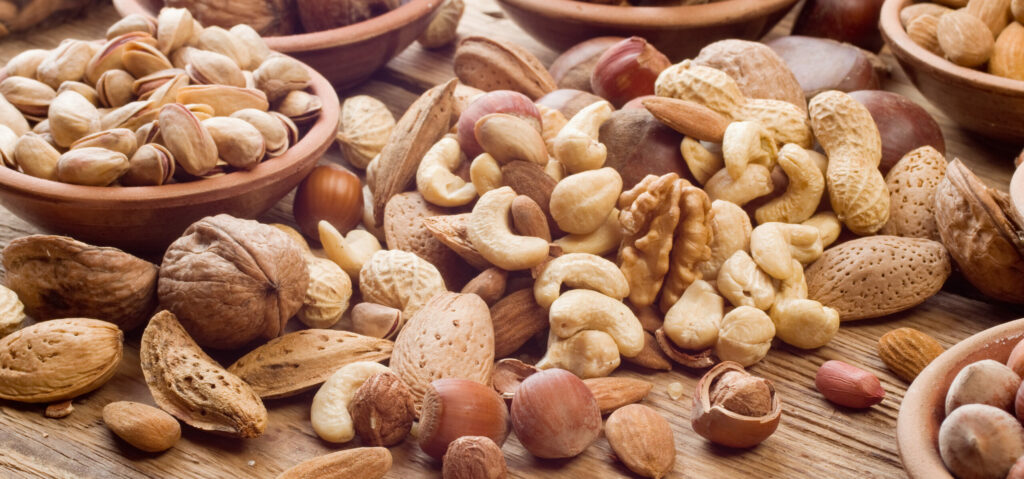
Hard or sharp foods, such as nuts, chips and toast, may damage the delicate inflamed tissue around mouth ulcers. The rough texture and sharp edges of these types of foods may scrape and poke the open sore of a mouth ulcer, causing more pain and potentially prolonging the healing time.
Soft foods like mashed potatoes, flaked fish and well-cooked vegetables are gentler options that are less likely to cause further irritation or damage.
5. Hot drinks and food
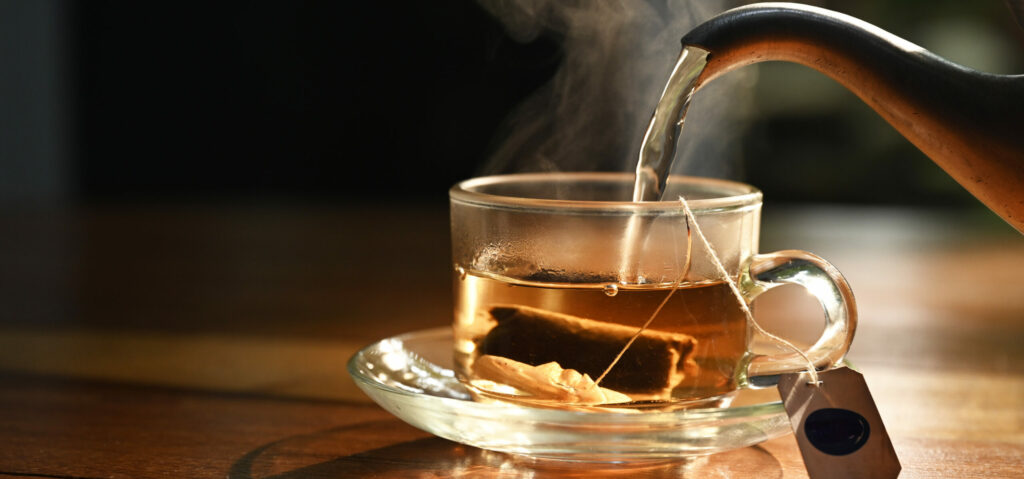
Avoid consuming overly hot foods and drinks like coffee and tea. Instead, allow your food and drinks to cool first. This can help reduce mouth ulcer discomfort and help promote healing by not causing any further irritation or damage.
Eat your way to comfort
When it’s time to eat and you have a sore mouth try to make some smart food choices and eat your way to comfort:
- Choose soft, moist foods that are easy to chew and swallow
- Avoid foods that irritate the ulcer or cause further damage to the delicate tissues of your mouth.

